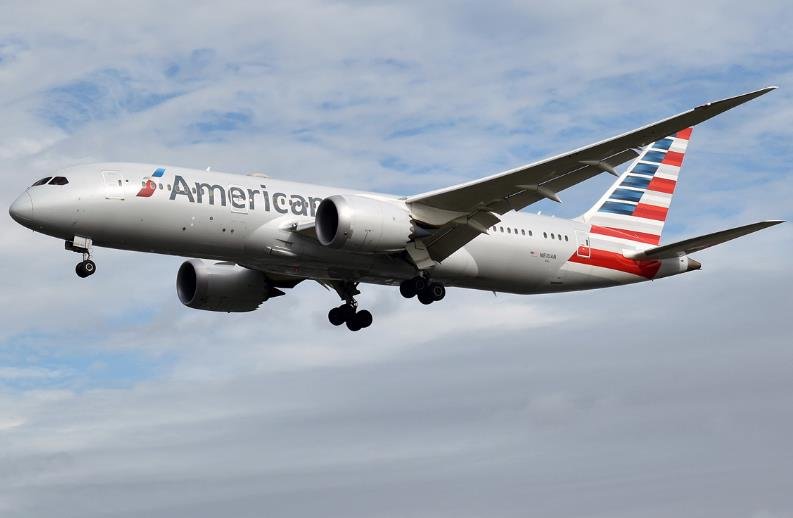An American Airlines flight from Milwaukee to Dallas was forced to make an emergency landing in Tulsa after a passenger allegedly became unruly when asked to stop vaping. The incident, which occurred on September 3, 2024, involved a first-class passenger who reacted aggressively to a flight attendant’s warning about the federal prohibition on vaping during flights. The altercation led to the diversion of the flight, causing significant delays and raising concerns about onboard safety and compliance with airline regulations.

The Incident and Immediate Response
The flight, American Airlines Flight 1733, departed from Milwaukee Mitchell International Airport at 5:22 PM, bound for Dallas/Fort Worth International Airport. Approximately an hour and a half into the flight, a flight attendant noticed a first-class passenger vaping openly in his seat. The attendant informed the passenger that vaping on the flight was a violation of both airline policy and federal law.
The passenger’s response was hostile; he accused the flight attendant of making false accusations and became increasingly agitated. According to reports, the situation escalated when the passenger followed the flight attendant into the forward galley, prompting other passengers to intervene and protect the crew member. The captain, assessing the potential threat to safety, decided to divert the flight to Tulsa International Airport.
Upon landing in Tulsa at 7:12 PM, the disruptive passenger was met by law enforcement officers. He was reportedly taken into custody and smelled of alcohol. The flight eventually resumed its journey, departing Tulsa at 8:22 PM and arriving in Dallas at 9:20 PM, albeit with a significant delay.
Legal and Safety Implications
The incident underscores the importance of adhering to federal regulations and airline policies regarding vaping and smoking on flights. Vaping on an aircraft is strictly prohibited due to the potential safety hazards it poses, including the risk of fire and the impact on other passengers’ comfort and health. The aggressive behavior exhibited by the passenger further highlights the challenges flight crews face in maintaining order and ensuring compliance with safety protocols.
Legal experts note that the passenger could face serious consequences, including fines and potential jail time, for violating federal law and causing a disturbance on the flight. The incident also raises questions about the effectiveness of current measures to prevent such behavior and the need for stricter enforcement of regulations.
Airlines are continually working to improve safety and compliance measures, including training flight attendants to handle disruptive passengers and implementing advanced detection systems for prohibited activities like vaping. This incident serves as a reminder of the critical role that both passengers and crew play in ensuring a safe and orderly flight experience.
Broader Impact on Airline Policies
The diversion of Flight 1733 has prompted American Airlines and other carriers to review their policies and procedures related to onboard vaping and passenger behavior. Ensuring that all passengers are aware of and comply with regulations is essential for maintaining safety and minimizing disruptions.
Airlines may consider enhancing their communication strategies to better inform passengers about the rules regarding vaping and other prohibited activities. This could include more prominent signage, pre-flight announcements, and educational materials provided during booking and check-in processes.
Additionally, the incident highlights the need for continued investment in crew training and support. Flight attendants must be equipped with the skills and resources to manage difficult situations effectively and ensure the safety of all passengers. This includes de-escalation techniques, clear communication protocols, and access to support from law enforcement when necessary.
As the aviation industry continues to evolve, maintaining a focus on safety and compliance will be paramount. Incidents like the one on Flight 1733 serve as important reminders of the challenges and responsibilities faced by airlines and their crews in providing a secure and pleasant travel experience for all passengers.
David Johnson is a respected writer known for his expertise in crafting compelling articles about cannabis. With a passion for exploring the intersection of cannabis, health, and wellness, he sheds light on the therapeutic properties and potential uses of this versatile plant. David’s in-depth analysis and thought-provoking commentary offer readers a deeper understanding of the evolving landscape of cannabis legislation, consumption methods, and industry trends.








